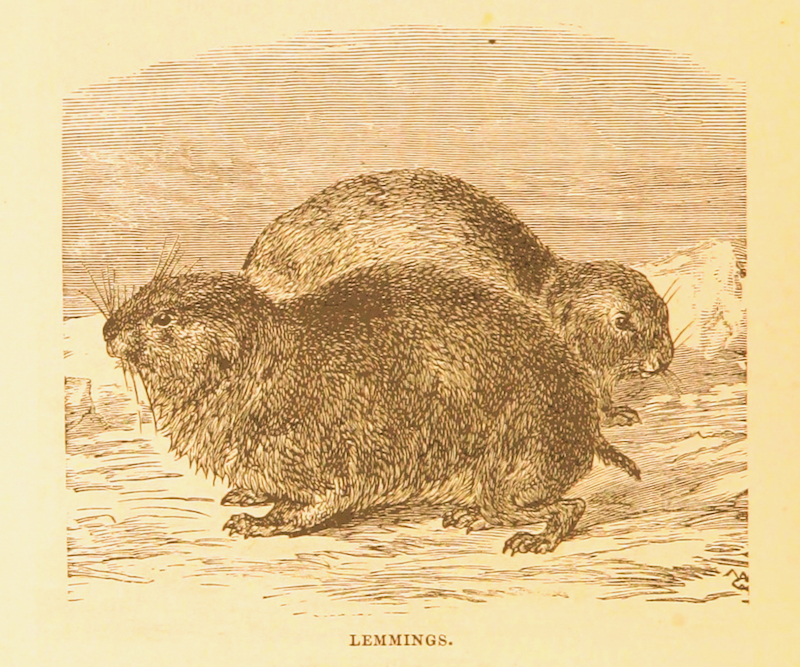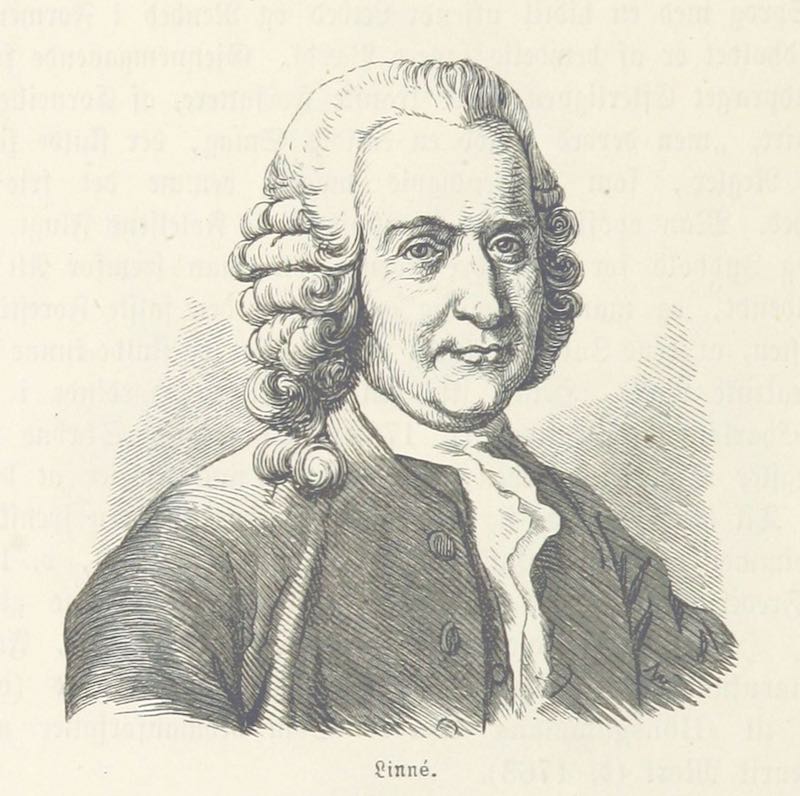To start 2021, an interview about one of my favourite non-fiction books of last year: The Next Great Migration by Sonia Shah.
Sonia is a science journalist and prizewinning author, and her latest book was selected as a best nonfiction book of 2020 by Publishers Weekly and a best science book of 2020 by Amazon among others. Naomi Klein called it “dazzlingly original”.

The book is dazzling, I think, because it challenges so many myths and preconceptions about migration. “From childhood,” Sonia says, “we are taught that plants, animals, and people belong in certain places.”
A powerful result of this, she suggests, is a dominant view of migration, as unnatural, a threat, and migrants as vectors of chaos and disorder. A long-dominant Christian worldview in the West reinforced the idea of an unchanging, orderly world of everything in its rightful place. Yet the body of scientific and historical evidence keeps growing of homo sapiens as a species that moves, migrates, pushes into new territory.
When other species migrate, they’re constrained mainly by their own biology and the ability to thrive in their new environment. When human beings seek to migrate, there are also political and economic impediments.
And often lawmakers have made use of the most discredited pseudoscience to justify their political decisions; Sonia is fascinating in her exploration of how scientists such as eighteenth-century Swedish naturalist Carl Linnaeus tried to impose strict demarcation lines between different peoples akin to those he drew between species in the rest of the natural world.

The ramifications went far beyond the scientific community; once races are categorised, they can be ranked. Notions of degeneration, of superior and inferior, gain traction. Ideals of shared humanity are supplanted by thoughts of us and them; racial segregation and colonial conquest reach for scientific legitimation. The United States can go from being a nation that welcomes “huddled masses” of immigrants to one that chants “Build the wall!”
I spoke to Sonia last August and began with her acknowledgement that she too had internalised myths about migration as a disruptive force, despite her own family’s migratory past: her grandparents moved from fishing villages in Gujarat to industrialising Mumbai, and her parents taking their medical degrees from there to the US. Her own feeling of somehow being out of place was, she came to realise, at the root of her quest to better understand migration.
(We do also discuss in the podcast the role lemmings play in her story, so their inclusion in the episode title is not gratuitous!)
